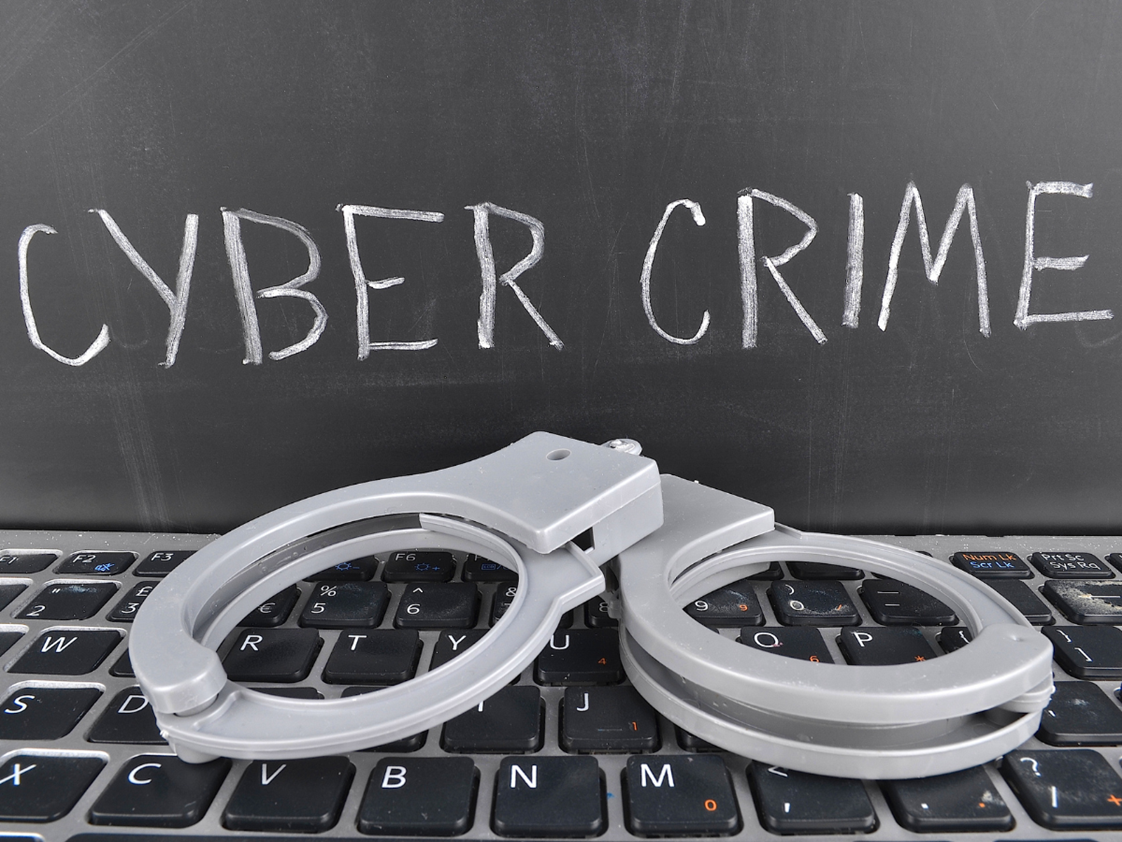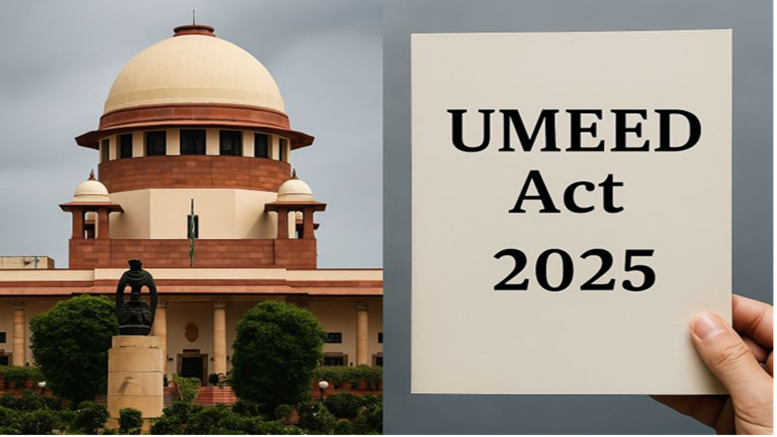- Courses
- GS Full Course 1 Year
- GS Full Course 2 Year
- GS Full Course 3 Year
- GS Full Course Till Selection
- Online Program
- GS Recorded Course
- NCERT (Recorded 500+ Hours)
- Polity Recorded Course
- Geography Recorded Course
- Economy Recorded Course
- AMAC Recorded Course
- Modern India, Post Independence & World History
- Environment Recoded Course
- Governance Recoded Course
- Science & Tech. Recoded Course
- International Relations and Internal Security Recorded Course
- Disaster Management Module Course
- Ethics Recoded Course
- Essay Recoded Course
- Current Affairs Recoded Course
- CSAT
- 5 LAYERED ARJUNA Mentorship
- Public Administration Optional
- ABOUT US
- OUR TOPPERS
- TEST SERIES
- FREE STUDY MATERIAL
- VIDEOS
- CONTACT US
What is ‘Digital Arrest’
What is ‘Digital Arrest’
20-05-2024

Following increasing reports of “digital arrests” by cybercriminals posing as law enforcement officers, the central government has collaborated with Microsoft to block more than 1,000 Skype IDs used for online intimidation, blackmail, and extortion.
- The government has advised people to file a complaint immediately after an incident.
About Digital Arrest:
- Digital arrest is a form of cyber crime where fraudsters pose as law enforcement officials and convince victims into believing that they are involved in illegal activities.
- fraudsters usually contact victims through phone or video calls and claim that they have been implicated in serious crimes such as money laundering, drug trafficking or terrorism.
|
For example: Rakesh received a call from a "police officer" who said that Rakesh was involved in a crime. The officer asked Rakesh to join the video call on Skype. Rakesh agreed out of fear. The "officer" showed fake documents and threatened to arrest Rakesh if the fine was not paid. Rakesh transferred the money, but the calls did not stop. Thankfully, a friend realised it was a scam and helped Rakesh report it. |
The modus operandi involves:
- Initial Contact: Criminals usually contact potential victims and falsely claim they have sent or are recipients of packages containing illegal goods.
- Extending the Scam: They might also contact relatives or friends of the target, claiming the target has been arrested for a crime or has met with an accident and is in their custody.
- Digital Arrest: In some cases, the fraudsters use video conferencing platforms like Skype to "digitally arrest" the victims, making them stay visible on camera until their demands are met.
- Demanding Money: The criminals then demand a hefty sum of money as a bribe or settlement to avoid legal consequences.
How to avoid falling victim to Digital Arrest:
- Be skeptical of unsolicited calls: Do not trust calls from unknown numbers, especially those claiming to be from law enforcement agencies.
- Verify the caller's identity: Ask for official identification and contact the relevant authorities through official channels to verify the claims.
- Never share personal information: Avoid sharing sensitive information like bank account details, Aadhaar numbers, or passwords with unknown callers.
- Report suspicious activity: If you receive such calls, report them immediately to the nearest police station or cybercrime cell.
Must Check: Best IAS Coaching In Delhi

![img-PSYCHOLOGICAL WARFARE [PSYWAR]](https://i.filecdn.in/755esias/PSYCHOLOGICALWARFAREPSYWAR-1747206772505.jpg)

